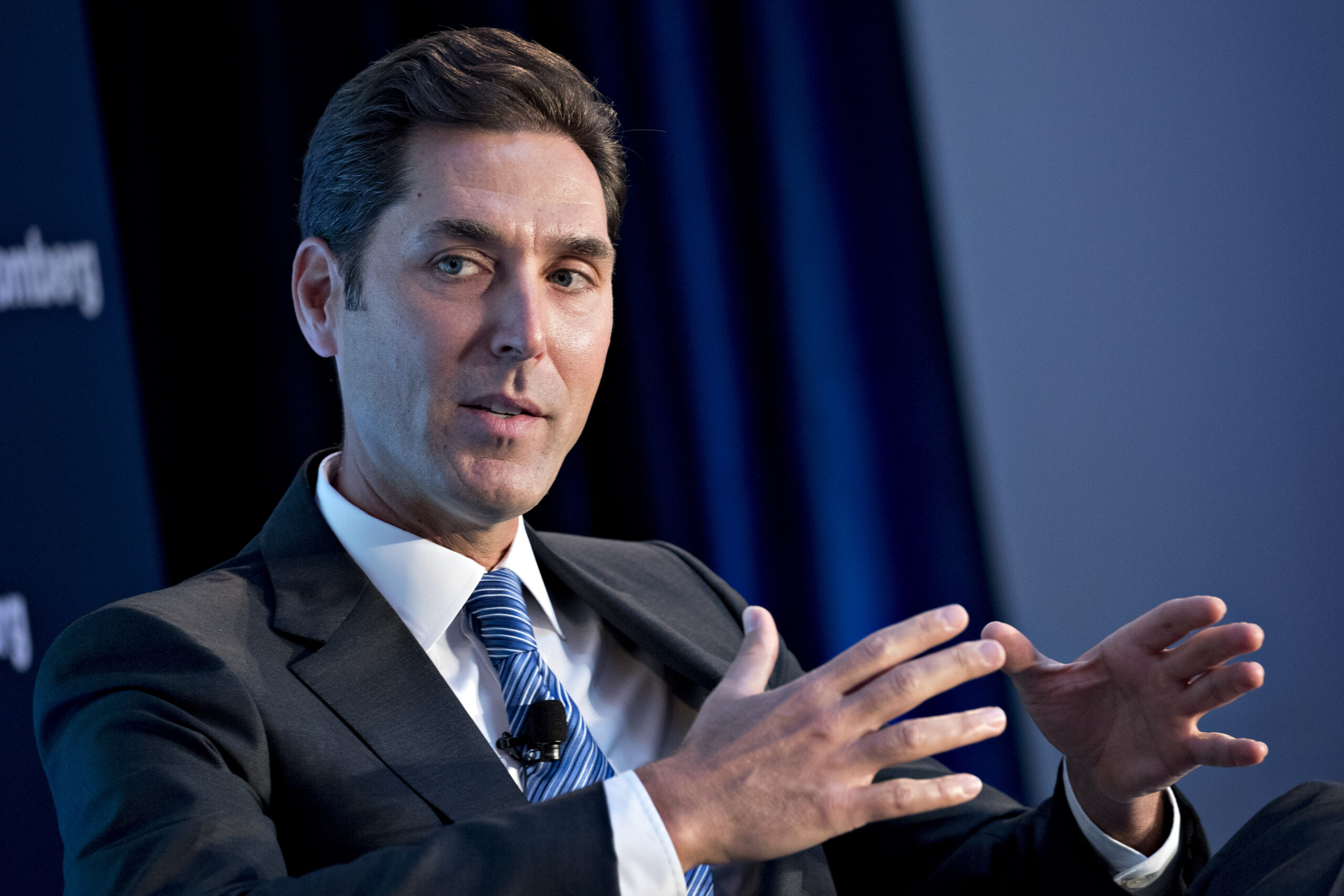
Two sides of 'historic' drug pricing bill: Pharma industry blasts 'mistake' while advocates plan for 'first ever' gains
Both Congressional Democrats and the pharma industry agree that pending drug pricing legislation is “historic” — they just diametrically disagree on the modifier.
Trade industry group PhRMA’s CEO Stephen Ubl called it an “historic mistake” on Wednesday, joined by Eli Lilly CEO David Ricks, Atlas Venture partner Jean-Francois Formela along with a hematology oncology-leading physician and a metastatic breast cancer survivor in a press conference.
Unlock this article instantly by becoming a free subscriber.
You’ll get access to free articles each month, plus you can customize what newsletters get delivered to your inbox each week, including breaking news.